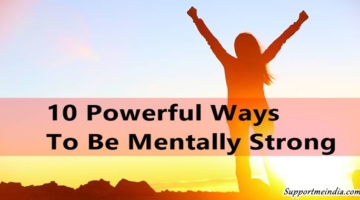×

डिजिटल इंडिया, टेक्नोलॉजी, ऑनलाइन बिजनेस, पैसा कमाने, लाइफ सक्सेस, ब्लॉगिंग, एसईओ और इंटरनेट की पूरी जानकारी हिंदी में।


By: Jumedeen Khan


By: Jumedeen Khan


By: Jumedeen Khan


By: Editorial Staff


By: Jamshed Khan


By: Jumedeen Khan
We share helpful & useful information for beginners, You can visit on this website to read articles about "Howto … in Hindi?"